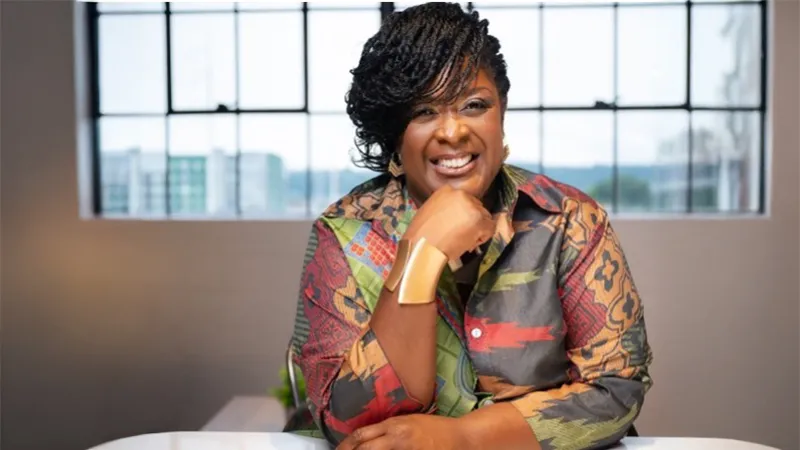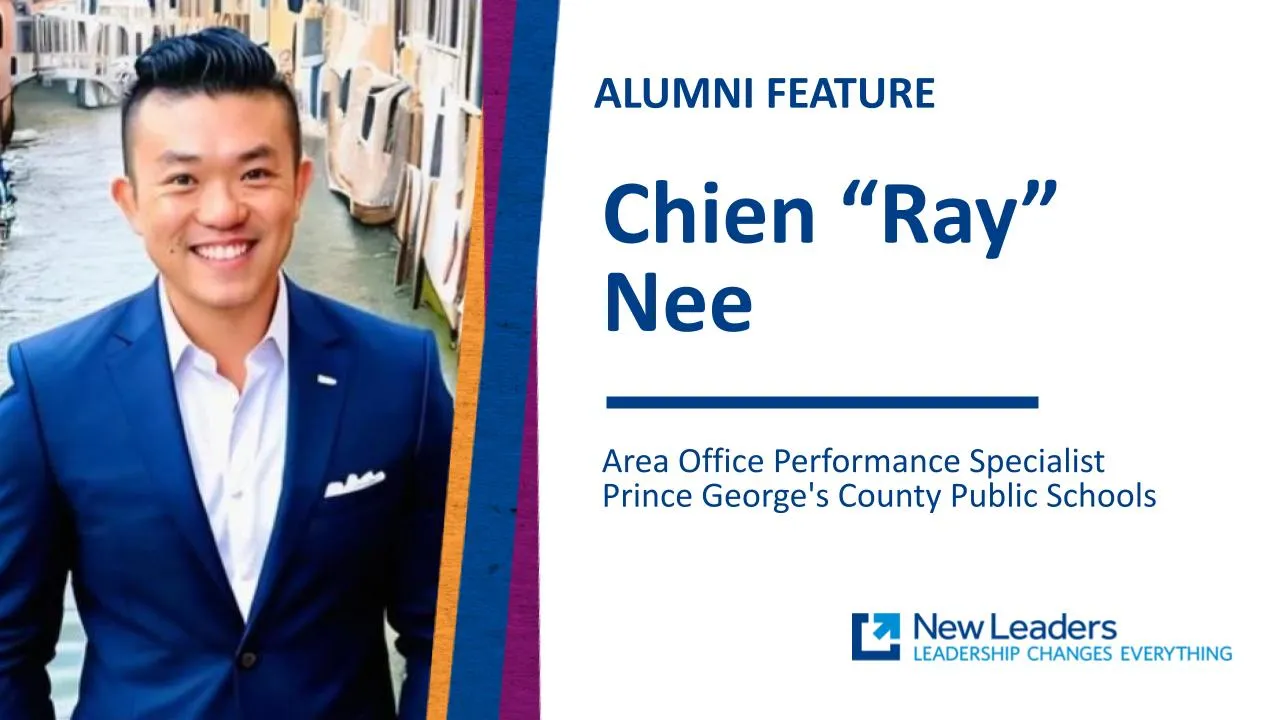Celebrating Assistant Principals


“There is honor and reverence in the work we do as assistant principals,” reflects New Leaders alum Afua Agyeman-Badu. Currently in her fourth year as an assistant principal at Ira F. Aldridge Elementary School in Chicago, Agyeman-Badu didn’t see herself going into leadership at first. Now she is working toward her doctorate, focusing on how distributed leadership can transform schools. “Our role is critical,” she adds. “It would be hard for a principal to lead without us.”
In honor of National Assistant Principals Week, we’re celebrating an often unsung school leader. While the number of assistant principals in the U.S. has nearly doubled in the last two decades, the role can vary widely and suffer from a lack of definition. Yet, in a recent research synthesis, the Wallace Foundation found that assistant principals are “uniquely positioned to promote equitable outcomes for students.” Specifically, they do so via distributed leadership, a shared approach to leadership that engages the whole school community in driving toward solutions.
We sat down with Agyeman-Badu to learn more about her experiences as an assistant principal and her role in fueling distributed leadership at Aldridge.
What is your role as an assistant principal?
You name it, I do it. I don’t just do discipline. I work with our teachers. I communicate with our families. I support our scholars. I lead grade-level team meetings. I lead our school’s professional learning community (PLC). We’re reading the book Teaching to Strengths about trauma-invested practices. I support our culture and climate as part of our SEL work. And, I work very closely with my principal. Our work is very intertwined.
Above all, see value and purpose in your role as an assistant principal. And walk in it.
I love seeing the humanity in our families, our teachers, and our students. I think that is the best part of my role. It’s being able to see them for who they are and who they can be. And then knowing that all of the decisions I make can help them get closer and closer to that goal.
What does distributed leadership look like at your school?
It’s the level of ownership here. For example, all of our staff—classroom teachers and support staff—engage in the same professional development. They all have biweekly check-ins. They’re all reading the same book on trauma-invested practices in our PLC. When I was discussing the book in our special education support staff team meeting, one of them stood up and said, “I want to lead some work on this in the classroom. I think it would be really powerful for our scholars.” So we have support staff trying new strategies. We have teachers problem solving together. And we have families engaging with us via surveys and parenting events.
Distributed leadership can create neighborhood schools, changing low-performing, high-poverty schools into high-performing schools.
We also support and encourage our staff to move into leadership positions: support staff who are studying to become classroom teachers; teachers who are participating in aspiring principal programs, like I did with New Leaders. We want everyone in our building to feel empowered to lead and do this work. We believe that if we're able to multiply our impact here and then share that with more schools across the city, then that’s that many more kids who are going to be empowered, to be able to change their lives for the better.
Distributed leadership can create neighborhood schools, changing low-performing, high-poverty schools into high-performing schools. That is what happened here at Aldridge. I believe that good leadership is the catalyst to transforming outcomes for kids.
What is the hardest part of your role?
Transitioning into the role was hard. I had these made-up ideas of what leadership looks like. In the beginning, it was hard to support the adults in the ways they most needed and figure out who I was in the role.
I’ve only been at two schools in my 18-year career. I started as a classroom teacher. My principal encouraged me to take on more leadership and she pulled me out of the classroom to be a lead literacy coach. I was doing grade-level meetings and working with teachers, but I didn’t really have a foundation. Then I completed the New Leaders Emerging Leaders program and learned how to properly support teachers, to use data to guide decision making. After that, the Aspiring Principals Program. And now, here, as the assistant principal.
I’m learning who I am authentically as a leader and that I can be my authentic self in this work. It’s really believing in myself, believing that I am a leader. That used to be the hardest part.
How have the last two years, the pandemic and the national outcry for racial justice, changed you as a leader?
First is to value the people-work. I know that it's been really hard for everyone and for schools across the country, but because we value the people-work, our transition back to fully in-person has been a lot smoother than we could have ever imagined. We continued our check-ins over Google Meet. We stayed connected. We don’t have many issues around teacher retention this year. I definitely learned the value in seeing someone else’s humanity.
Good leadership is the catalyst for changing outcomes for students.
Second is that there are things I cannot control, and I’m okay with that. No one anticipated the pandemic or all the things that have happened. Sometimes you just have to move forward and think about how to be resilient right in the experience.
What is your advice for assistant principals right now?
Leverage the connections that you have with everyone in your building. Don't forget what it was like being in a classroom. Take all the lessons you can from your principal—it’s like a marriage, there is so much to learn. And ask as many questions as you can.
Above all, see value and purpose in your role as an assistant principal. And walk in it.




.svg)
.svg)
.svg)
.svg)



.svg)
.svg)








